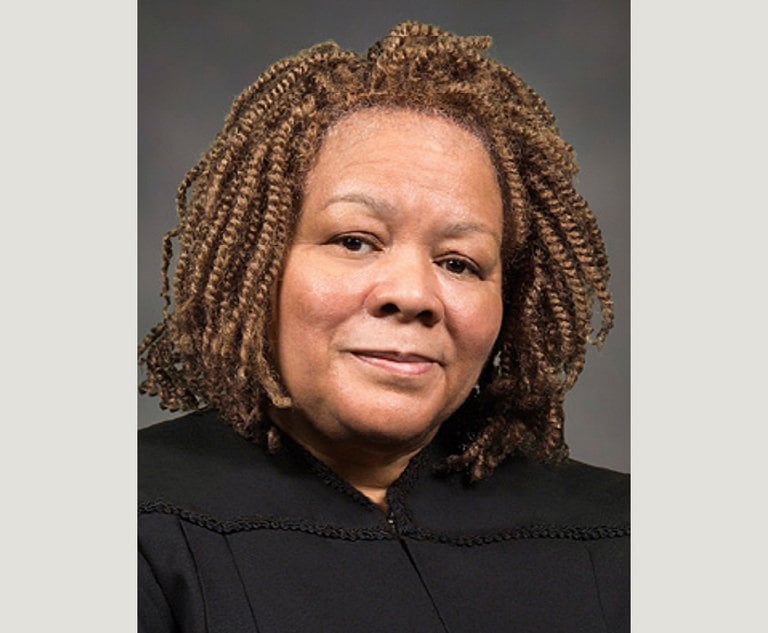The differences between federal and state procedural law, and, in particular the differences in federal and state rules of evidence, make getting a case to the most favorable forum and keeping it there crucial. And, it can be a hard-won fight. Most litigators are familiar with removing cases from state courts to federal courts under 28 U.S.C. Section 1446. The process is relatively straightforward and provides state-court defendants—but only defendants—to litigate the case in the federal court where the state court is located, so long as the case satisfies federal subject matter jurisdiction requirements. See 28 U.S.C. Section 1446(a)–(c). Many litigators are less familiar with the mechanisms to pull cases with federal jurisdiction out of federal court and into the state court’s arena. One generally overlooked mechanism is requesting that the federal court abstain from exercising its statutory jurisdiction over the case despite the existence of federal jurisdiction. Impossible? No. Exceptional? Yes. Useful? Absolutely. Given the perpetually crowded nature of federal dockets, limited judicial resources, and current backlog of cases due to COVID-19, it is possible that the legal community will see the Colorado River abstention doctrine used with increased frequency to reroute certain federal cases to state courts.
Colorado River Abstention: The Basics
Although federal courts generally have a “virtually unflagging obligation” to exercise their Congressionally established jurisdiction, the U.S. Supreme Court created an exception to that maxim for “exceptional circumstances” when it spoke the Colorado River abstention doctrine into being in Colorado River Water Conservation District v. United States, 424 U.S. 800, 817–18 (1976). Under the Colorado River abstention doctrine, a federal court faced with “exceptional circumstances” can abstain from exercising its federal jurisdiction if: there is a parallel proceeding in state court and after carefully considering a series of factors that are “heavily weighted in favor of the exercise of jurisdiction,” the court finds that exercising jurisdiction would waste judicial resources. Moses H. Cone Memorial Hospital v. Mercury Construction, 460 U.S. 1, 13–16, 19 (1983); Golden Gate National Senior Care v. Minich, 629 Fed.Appx. 348, 349–50 (3d Cir. 2015).


 Carolyn Boucek of Eckert Seamans Cherin & Mellott. Courtesy photo
Carolyn Boucek of Eckert Seamans Cherin & Mellott. Courtesy photo




